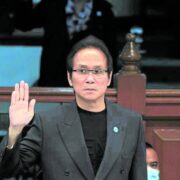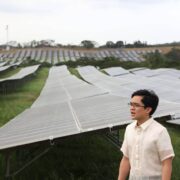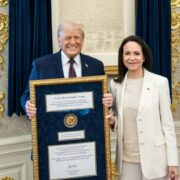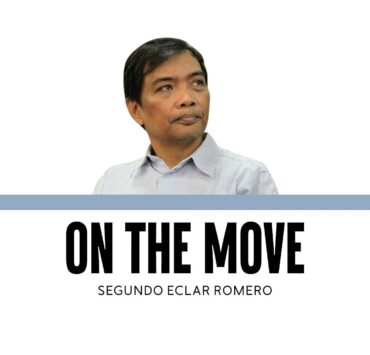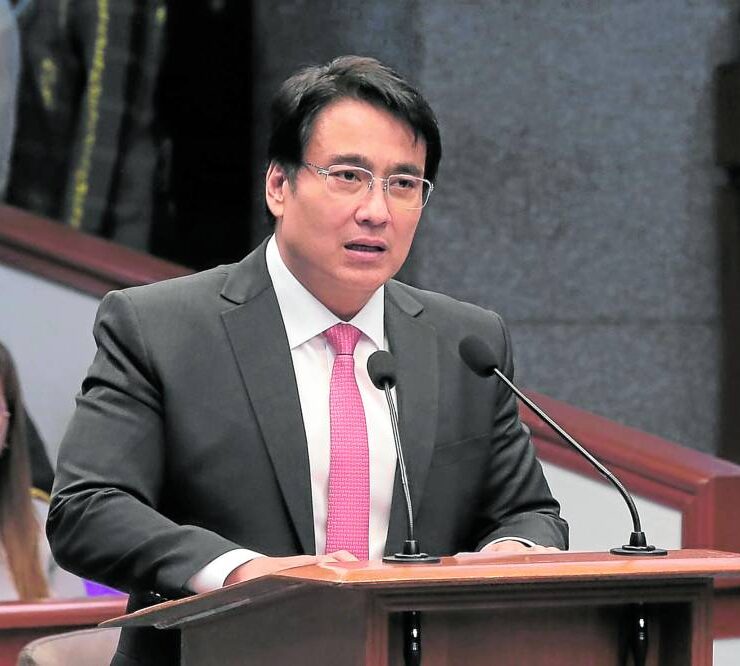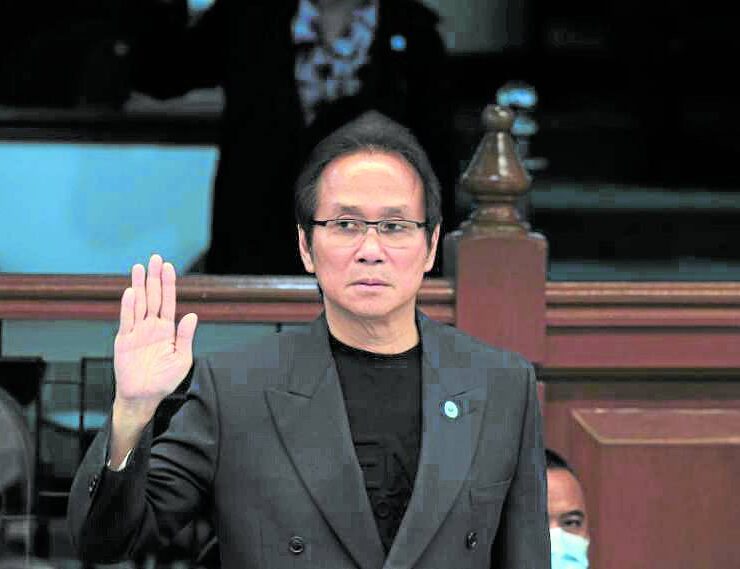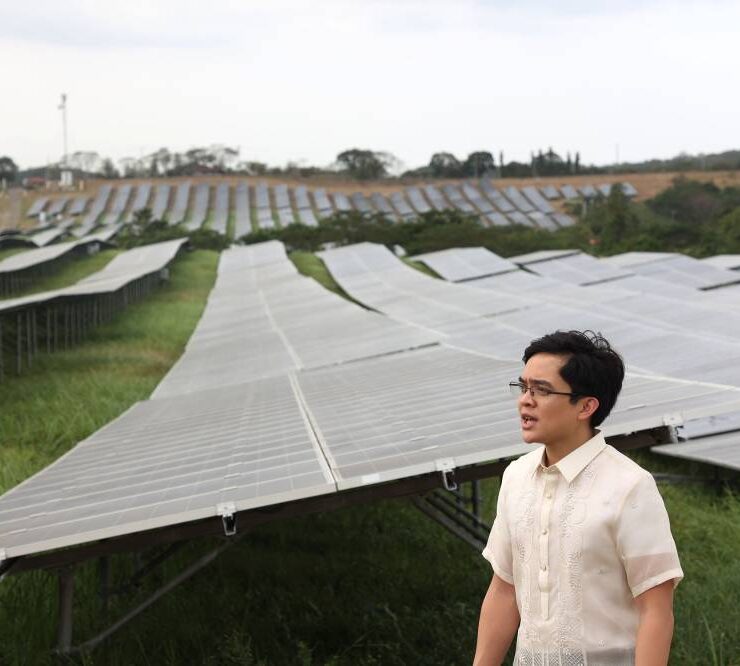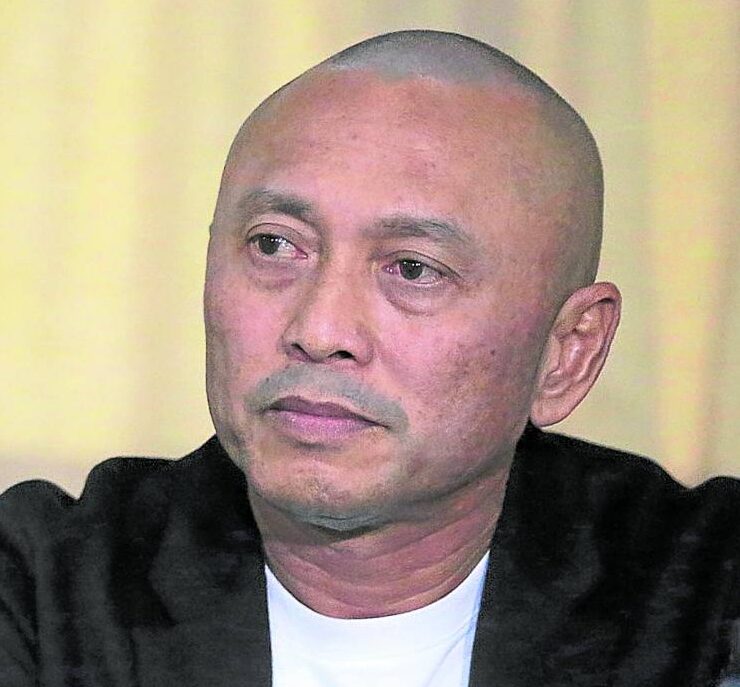Marcos’ ideal legacy
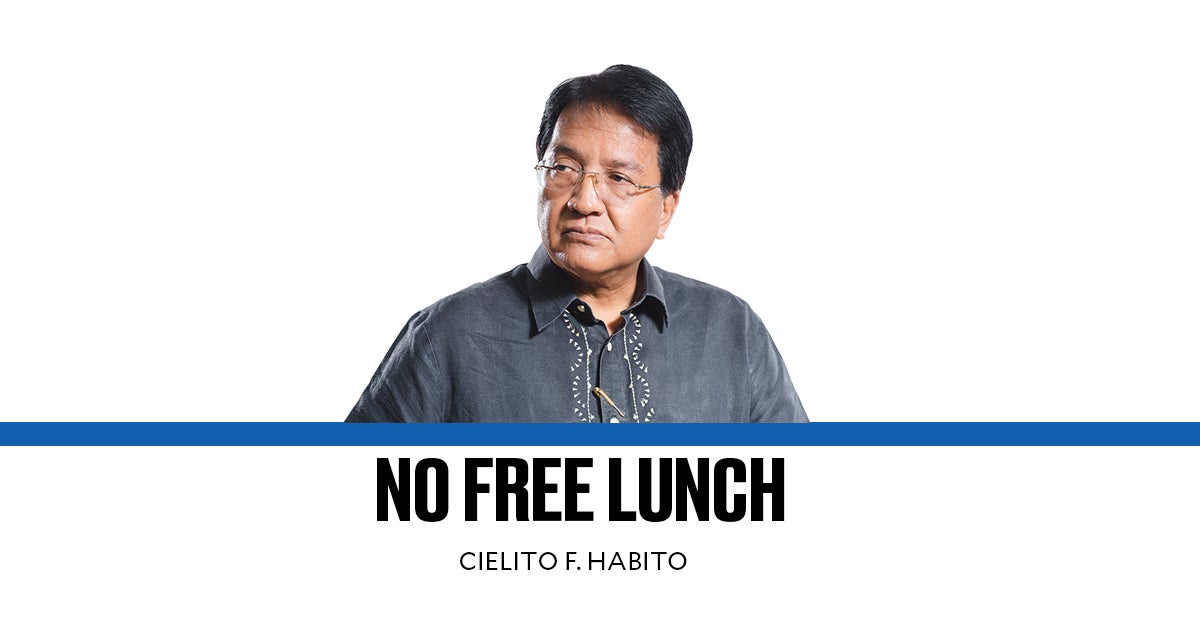
One in every P5 of the government’s budget is stolen by corrupt public officials. This widely cited 20-percent estimate made some six years ago by Deputy Ombudsman Cyril Ramos has since been affirmed by the World Bank, International Monetary Fund, and Asian Development Bank. From the 2025 national budget of P6.352 trillion, a whopping P1.27 trillion would be lining the pockets of corrupt officials this year. For government projects, Mayors for Good Governance head Benjamin Magalong puts it even higher at 40 to 70 percent.
We’re seen to be among the most corrupt countries in the region, ranking 114th out of 180 countries in the Corruption Perceptions Index (CPI) with a score of 33 out of 100, 11 points lower than the Asean average. It makes it harder to attract job-creating investments, perpetuating joblessness and persistent poverty. For that, blame our unpatriotic public officials who put their wealth and power above the common good. And it’s hard not to feel helpless, as it’s these same officials who must take the necessary measures if we are ever to curb corruption.
That’s why I’ve argued that corruption control must come from the top, and until we elect a leader who will declare and enforce zero tolerance for corruption, we might as well keep on dreaming (see “Curbing corruption,” 12/10/24). Indeed, our record peak CPI score of 38 came under the president remembered for declaring “Kung walang kurap, walang mahirap (where no one is corrupt, no one is poor).”
When Ferdinand Marcos Jr. became president, I had hoped, knowing his desire to redeem his family’s infamous name, that he could be the leader who would decisively clean up the kleptocracy that had held our nation back for too long, even as his parents had been the very symbols of that kleptocracy in the annals of our history. Call me foolish, but I was prepared to believe he would wish to undo all that (maybe I have too much faith in the man’s innate goodness). And I know he knows that our natural wealth is truly exceptional; our people are resilient, talented, and abundant; and the one thing blocking our nation’s ability to fulfill its widely acknowledged potential is our corrupt public officials. If he is really driven by a desire to leave a positive legacy, this—and not P20 rice—ought to be his main focus in his remaining term: crack the whip on corruption, rebuild our many institutions destroyed by it, and set the foundation for sustained economic, social, and political progress.
What can he do? I’d say use his presidential clout to push Congress to pass five key laws: One, a Public Wealth and Asset Transparency Act copied from Georgia and Estonia, which would digitize and make officials’ statements of assets, liabilities, and net worth publicly accessible and searchable online; mandate annual lifestyle audits of our top 10,000 officials; and criminalize, with presumption of corruption, willful misdeclaration, or unexplained wealth. Two, a Whistleblower Protection and Rewards Act drawing on the US False Claims Act to protect whistleblowers from retaliation, establish a whistleblower reward fund from recovered government funds, and create a secure anonymous reporting portal under Commission on Audit (COA) and the Ombudsman. Three, an e-Governance and Anti-Fixer Digital Services Act copied from Estonia, requiring 100 percent digital processing of permits, licenses, tax payments, and other civil documents; penalizing government employees who facilitate offline or manual shortcuts; and integrating national down to barangay-level services into the eGov Super App, with public dashboards.
Four, a Corruption Fast-Track Courts Act, drawing inspiration from Indonesia’s feared KPK or Komisi Pemberantasan Korupsi (Corruption Eradication Commission), and create dedicated Anti-Corruption Chambers within the Sandiganbayan with digital docketing, empower independent anti-corruption prosecutors, and mandate timelines for preliminary investigation and trial resolution.
And five, a Citizen Participation in Budgeting and Audit Act inspired by Brazil’s Porto Alegre Model, to mandate participatory budgeting for local governments whose annual budgets exceed P100 million, institutionalize citizen audit councils in each province/city/municipality with COA support; and require public posting and deliberation of all LGU budgets and procurement plans.
Toward open and transparent government procurement, we could copy Ukraine’s Prozorro e-Procurement System, where all government procurement is transparently posted and open to public bidding and monitoring. We already have the beginnings in PhilGEPS, but it needs upgrading into a fully open-source, real-time e-procurement platform with auction-based bidding, and third-party monitoring by civil society organizations, among other tweaks.
All these worked well elsewhere; I urge Mr. Marcos to do some copying.





